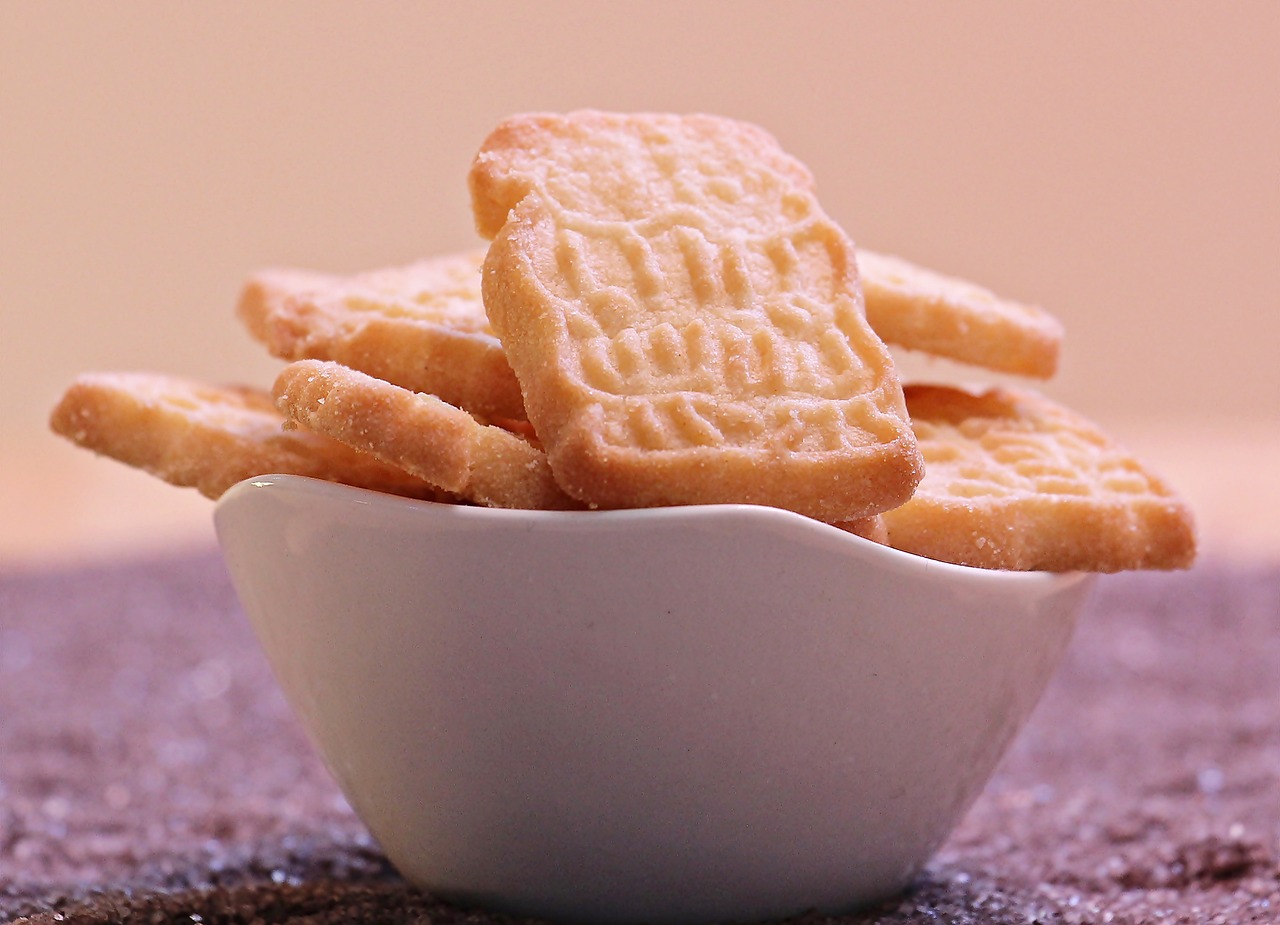
Spekulatius, a name synonymous with the festive spirit and cozy winter evenings, refers to the traditional German spiced biscuits that have been a culinary staple for centuries. Originating from the Rhineland and Westphalia regions of Germany, these delightful treats are not only a staple during the Christmas season but have also garnered global popularity for their unique blend of spices and captivating shapes. This article delves into the rich history, various types, and the art of making Spekulatius, offering a comprehensive guide for both baking aficionados and those eager to learn about the German cuisine.
The Historical Roots of Spekulatius:
The origins of Spekulatius can be traced back to the Middle Ages, with its name likely deriving from the Latin word “speculum,” meaning mirror, and reflecting the biscuits’ detailed imprints. Initially, these biscuits were baked to celebrate St. Nicholas’ Day on December 6th, but over time, their popularity extended throughout the entire Christmas season. The intricate designs, often depicting scenes from biblical stories or traditional folklore, are not just for aesthetics but are imbued with symbolism and history.
Varieties of Spekulatius:
Spekulatius biscuits come in three primary types, each distinguished by its ingredients and flavor profile:
- Butter Spekulatius: Rich in butter, these are the most popular variety in Western Germany, known for their delicate, melt-in-your-mouth texture.
- Almond Spekulatius: Incorporating sliced or chopped almonds, this version is beloved for its nutty flavor and added crunch.
- Spiced Spekulatius: Also known as Gewürzspekulatius, this variety is heavily seasoned with a blend of spices like cinnamon, cloves, cardamom, and sometimes, a hint of white pepper, making it the most aromatic of the three.
Key Ingredients and Spices:
The unique taste of Spekulatius is largely due to its distinctive blend of spices. Key ingredients include:
- Flour: Typically, all-purpose flour is used, providing the biscuits with their classic texture.
- Sugar: Both white and brown sugar are used, with brown sugar adding a deeper flavor.
- Butter: Essential for the butter variety, it adds richness and a soft texture.
- Almonds: Either sliced or chopped, almonds are a crucial ingredient in the almond variety.
- Spices: Cinnamon, cloves, cardamom, nutmeg, and ginger are commonly used, creating the signature warm and spicy flavor.
The Art of Baking Spekulatius:
Baking Spekulatius is a delightful experience, steeped in tradition. The dough is relatively simple to prepare, but the art lies in the rolling, cutting, and imprinting process. Traditionally, wooden molds are used to imprint intricate designs onto the biscuits. After being baked to a golden brown, these biscuits not only taste delicious but also look like miniature works of art.
A Step-by-Step Recipe for Homemade Spekulatius:
Ingredients:
- 2 cups all-purpose flour
- 1 tsp baking powder
- ¾ cup brown sugar
- 1 tsp ground cinnamon
- ½ tsp ground cloves
- ¼ tsp ground cardamom
- ¼ tsp ground nutmeg
- 1 pinch of salt
- 1 large egg
- ¾ cup unsalted butter, at room temperature
- Optional: ½ cup chopped almonds or almond slices
Instructions:
- Mix Dry Ingredients: In a large bowl, whisk together the flour, baking powder, spices, and salt.
- Cream Butter and Sugar: In a separate bowl, cream the butter and brown sugar until fluffy.
- Add Egg: Beat in the egg to the butter mixture until well incorporated.
- Combine Wet and Dry Ingredients: Gradually add the dry ingredients to the wet mixture, mixing until a dough forms. If using, fold in the almonds.
- Chill the Dough: Wrap the dough in plastic wrap and chill in the refrigerator for at least 2 hours, or overnight.
- Preheat Oven: Preheat your oven to 350°F (175°C).
- Rolling and Shaping: On a lightly floured surface, roll out the dough to about ¼ inch thickness. Use cookie cutters or a traditional wooden Spekulatius mold to shape the biscuits.
- Bake: Place the shaped biscuits on a baking sheet lined with parchment paper and bake for 10-12 minutes, or until lightly golden.
- Cool: Let the biscuits cool on the baking sheet for a few minutes before transferring them to a wire rack to cool completely.
Pairing and Serving Suggestions:
Spekulatius biscuits are traditionally enjoyed with a hot beverage such as tea, coffee, or mulled wine. They are also a delightful accompaniment to a cheese platter, offering a sweet and spiced contrast to savory flavors.
These biscuits are known for their ability to retain their flavor and texture for several weeks when stored in an airtight container. This longevity makes them an ideal homemade gift during the holiday season, embodying the spirit of sharing and community.
Spekulatius biscuits are more than just a treat; they are a blend of history, tradition, and culinary art. Whether you’re a seasoned baker or new to the world of German cuisine, making these spiced biscuits is a rewarding and delicious way to connect with a rich cultural heritage. As you bite into a Spekulatius, you’re not just enjoying a cookie; you’re savoring centuries of tradition and the warmth of the holiday season.
Related articles:
15 Best German Christmas Recipes
Traditional German Stollen Bread Recipe
Marzipan Potatoes – Marzipankartoffeln
Haselnussmakronen (German Hazelnut Macaroons)
Springerle History and a Classic Recipe
